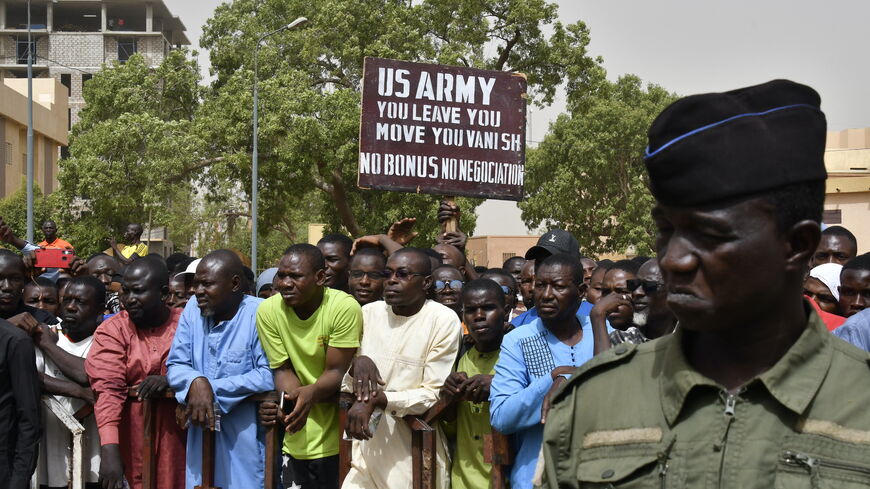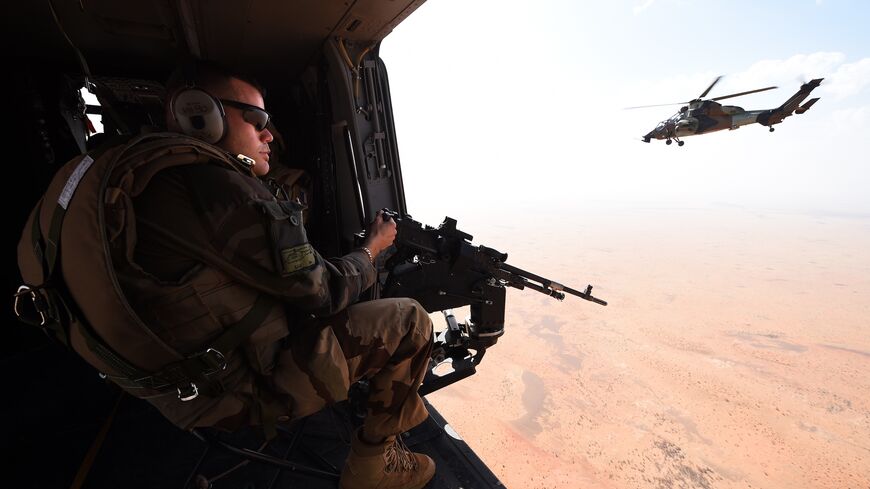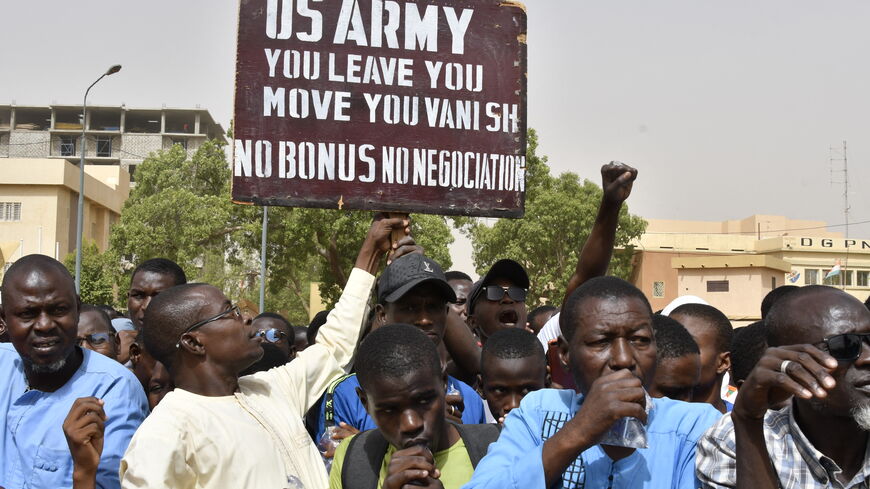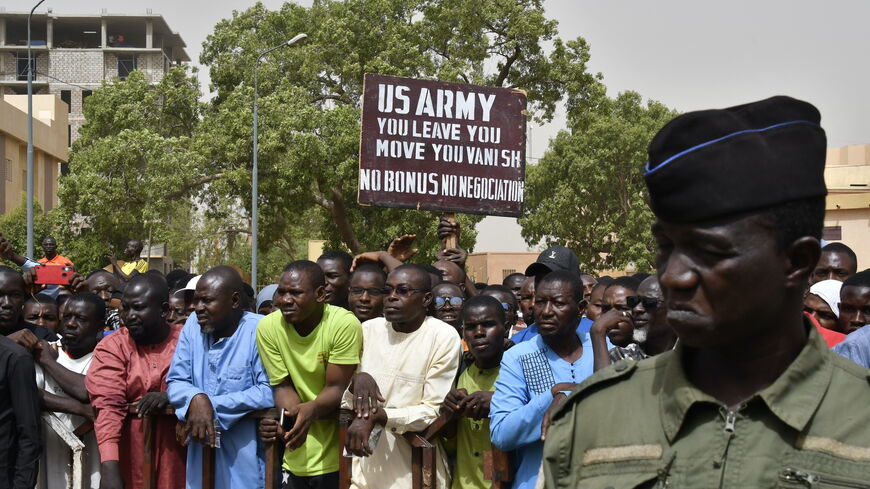US to withdraw troops from Niger by September
Washington intends to maintain its diplomatic presence at the embassy in Niamey to salvage its foothold of influence in the Sahel as well as limit Russia's military inroads in Africa.
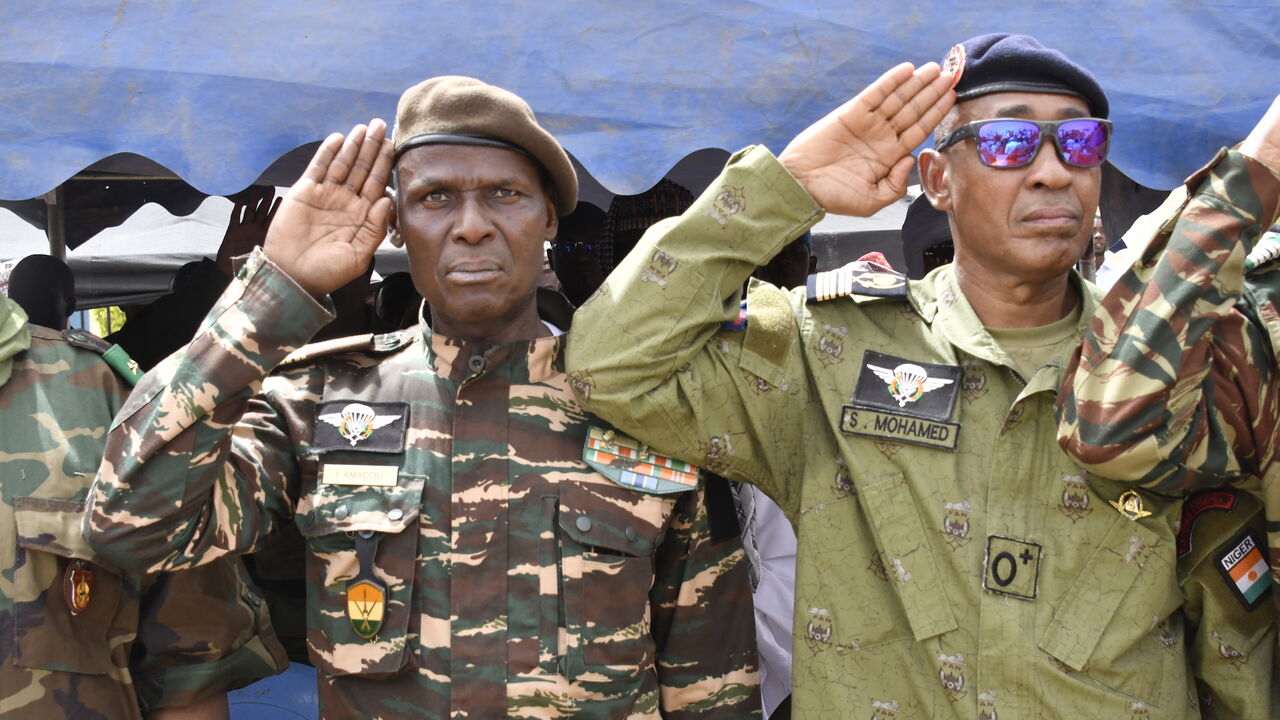
The United States will withdraw all of its troops from Niger by Sept. 15, the White House announced Sunday.
Some of the more than 1,000 US special operations forces stationed in the country have already begun to withdraw, Pentagon officials said, amid concerns in Washington that the vacuum could be filled by Russian forces.
The announcement marks an end to two months of deliberations between Biden administration officials and leaders of the military junta in Niamey, which announced in March that they were abrogating their agreement with the United States for an American troop presence there.
The Defense Department's top civilian official overseeing special operations, Chris Maier, and the Joint Staff's director for force development, Lt. Gen. Dagvin Anderson, met with Niger's chief of staff, Col. Maj. Mamane Sani Kiaou, in Niamey over the weekend to discuss the procedures of the withdrawal.
A statement by the Pentagon read, "Both delegations confirmed the guarantees of protection and security to the American forces during their withdrawal. The delegations also established procedures to facilitate the entry and exit of US personnel, including overflight and landing clearances for military flights."
Niger's military confirmed on Sunday the US forces would withdraw by September.
Why it matters: The pullout could mark a significant setback for US influence and military reach in the Sahel region as Russia seeks to expand its military inroads on the continent.
"We're leaving Niger with US forces. But all the other aspects of the US government [relations] generally remain in place," a senior US defense official told reporters on Sunday. "Like the French, we're maintaining an embassy and we'll continue to have relations there," the official added.
Junta officials in Niamey assured the Pentagon's delegation over the weekend that they were not seeking to invite in other foreign forces in significant numbers, but officials familiar with the discussions said it was not clear that Nigerien officials had "solved for what their long-term future security requirements are going to be."
"They certainly have relationships with their regional partners and are probably looking to see what the likes of Mali and Burkina [Faso] are doing with their Russian advisers," the senior US defense official said.
"I think this is why it's so important for us to make sure this withdrawal goes well, to maintain these relationships … because we want to keep our options open."
The backstory: The head of Niger's presidential guard ousted democratically elected President Mohamed Bazoum in July 2023. The Biden administration belatedly labeled the move a coup that October and halted operational cooperation with the Nigerien military.
More than 1,000 US personnel have operated out of a base in the capital and another, known as Air Base 201, in Agadez. Air Base 201 is a key hub for US military drone operations in the Sahel. US special operations forces in Agadez have continued surveillance drone flights for defensive purposes despite having halted partnered counterterrorism operations with the Nigerien military last year.
After tense meetings between junta leaders and senior US officials led by the State Department's top diplomat for Africa, Molly Phee, Niamey's military announced in March that it was ending its status-of-forces agreement with the United States. Junta officials have cited what they described as "condescending" demands by Phee that Niamey limit its relations with Russia and Iran.
Officially, US forces are based in the region to help local governments fight Islamist extremist groups. But the basing and overflight access provide Washington with a foothold of influence for expanding ties as it seeks to limit the expansion of Russia and China's military influence on the continent.
Coup leaders in neighboring Mali kicked out French counterterrorism troops in 2022, ending a nine-year military cooperation mission in the former French colony after inviting in Russia's Wagner paramilitary forces. Russia reopened its embassy in Burkina Faso in December after junta leaders there expelled French diplomats.



